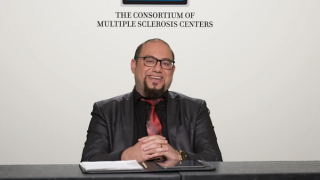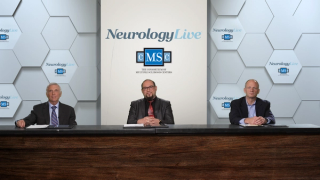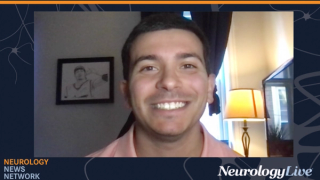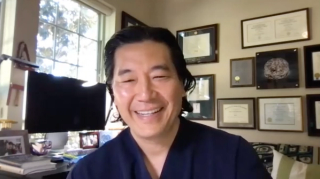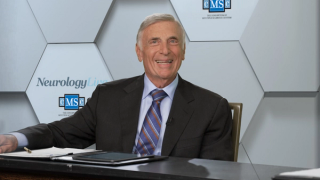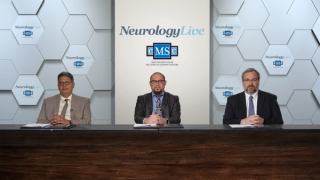
MS and Demyelinating Disorders
Latest News
Latest Videos

CME Content
More News
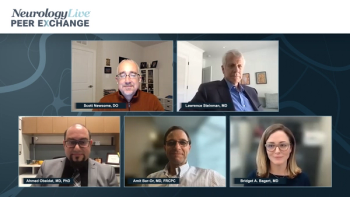
Experts in neurology comment on clinical trial design considerations and discuss novel imaging techniques and biomarkers that they consider most important to investigate for multiple sclerosis.
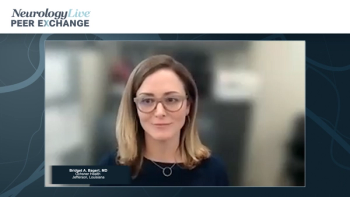
Bridget A. Bagert, MD, leads a discussion on the ideal patient populations for using a potential vaccine for multiple sclerosis, and the panel comments on other factors to consider when administering vaccines.
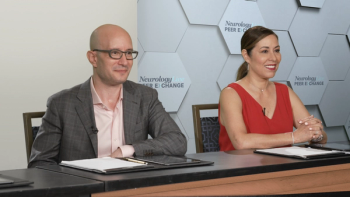
Dr Flavia Nelson comments on the impact of S1P modulators on brain volume measures; highlighting thalamic atrophy and its correlation with brain volume loss in MS.
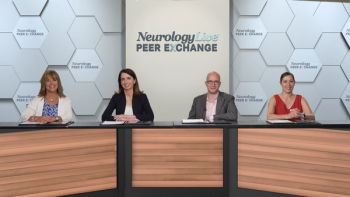
Experts in neurology review data surrounding the role of disease-modifying therapies in preventing grey matter brain atrophy and cognitive decline.
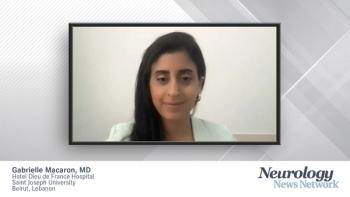
Dr Macaron shares her interpretation of the data and importance of individualizing treatment for patients with multiple sclerosis.

Dr Gabrielle Macaron reviews data with ozanimod in treatment naïve vs experienced patients with relapsing multiple sclerosis presented at EAN 2022.

A multiple sclerosis expert, Dr Gabrielle Macaron, discusses factors that can lead to a change of therapy for patients with multiple sclerosis.
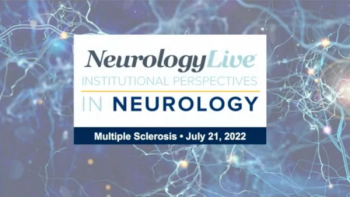
Chaired by Annette Okai, MD, of North Texas Institute of Neurology & Headache, the presentations also feature Fernando Cuascut, MD, MPH, of Baylor College of Medicine; and Lauren Tardo, MD, and Rebecca Romero, MD, of UT Southwestern Medical Center. [WATCH TIME: 1 hour, 18 minutes]

Functional Capacity May Predict Treatment Response to Cognitive Rehabilitation in Multiple Sclerosis
Using a backward logistic regression model, lower functional capacity between the default-mode network and ventral attention network accurately predicted response to cognitive rehabilitation among a cohort of patients with MS.
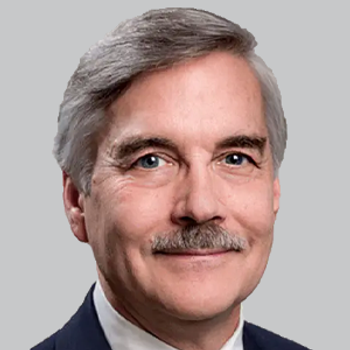
At year 5, significantly lower annualized change in EDSS score, lower incidence of confirmed disability worsening, and lower annualized change in FSS pyramidal function were identified in the early initiated treatment group.

Here's some of what is coming soon to NeurologyLive® this week.

Test your neurology knowledge with NeurologyLive®'s weekly quiz series, featuring questions on a variety of clinical and historical neurology topics. This week's topic is headache and migraine.

Take 5 minutes to catch up on NeurologyLive®'s highlights from the week ending July 22, 2022.
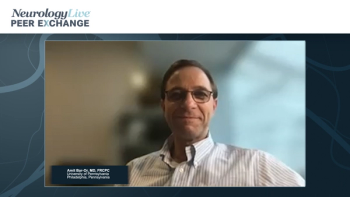
Amit Bar-Or, MD, FRCPC, discusses the potential impact vaccination against Epstein-Barr virus could play on multiple sclerosis rates, highlighting recent investigations.

Experts in neurology discuss screening and diagnostic considerations for a patient newly diagnosed with multiple sclerosis.
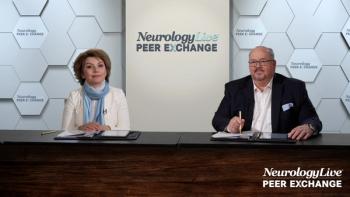
Jeffrey Dunn, MD, and Regina Berkovich, MD, PhD, share advice for building trust and individualizing treatment approaches in ethnically diverse and underrepresented patient populations with multiple sclerosis.

Jeffrey Dunn, MD, and Regina Berkovich, MD, PhD, highlight the role of a multidisciplinary care team in engaging ethnically diverse and underrepresented patient populations with multiple sclerosis in clinical trials and practice.
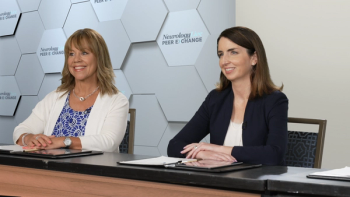
Dr Heidi Crayton discusses the role of S1P receptor modulators in the management of patient with multiple sclerosis.

Flavia Nelson, MD, provides an overview of available brain atrophy data and cognition research in patients with multiple sclerosis.

Using rigorous cell-based assays, cerebrospinal fluid GFAP levels were significantly lower in double-seronegative NMOSD than AQP4-positive NMOSD but did not differ between those with MOGAD or other neurological diseases.
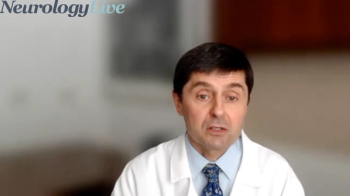
The chair of Cleveland Clinic’s Department of Physical Medicine provided background on the usage of exoskeletons in the clinical and at-home settings for rehabbing patients with multiple sclerosis. [WATCH TIME: 2 minutes]

Here's some of what is coming soon to NeurologyLive® this week.
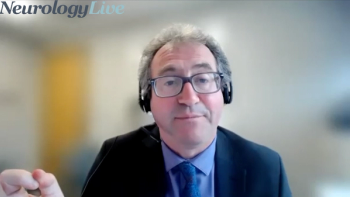
The director of the Mayo Clinic Center for Multiple Sclerosis and Autoimmune Neurology discussed the technological capabilities the center has, including the improved use of neural antibody testing. [WATCH TIME: 6 minutes]

Neuropathic pain and constipation coexisted in 43.5% of the survey participants, and approximately one-third of patients with both symptoms reported a possible link between the two.

Test your neurology knowledge with NeurologyLive®'s weekly quiz series, featuring questions on a variety of clinical and historical neurology topics. This week's topic is neuromuscular disorders.





